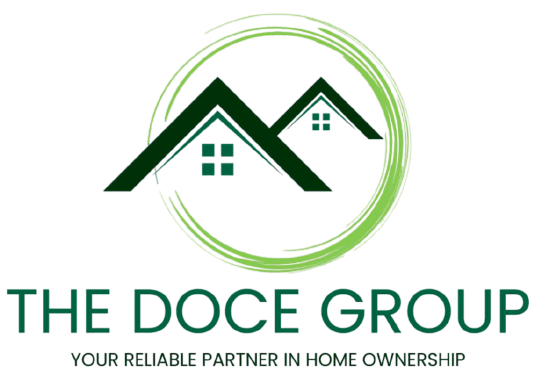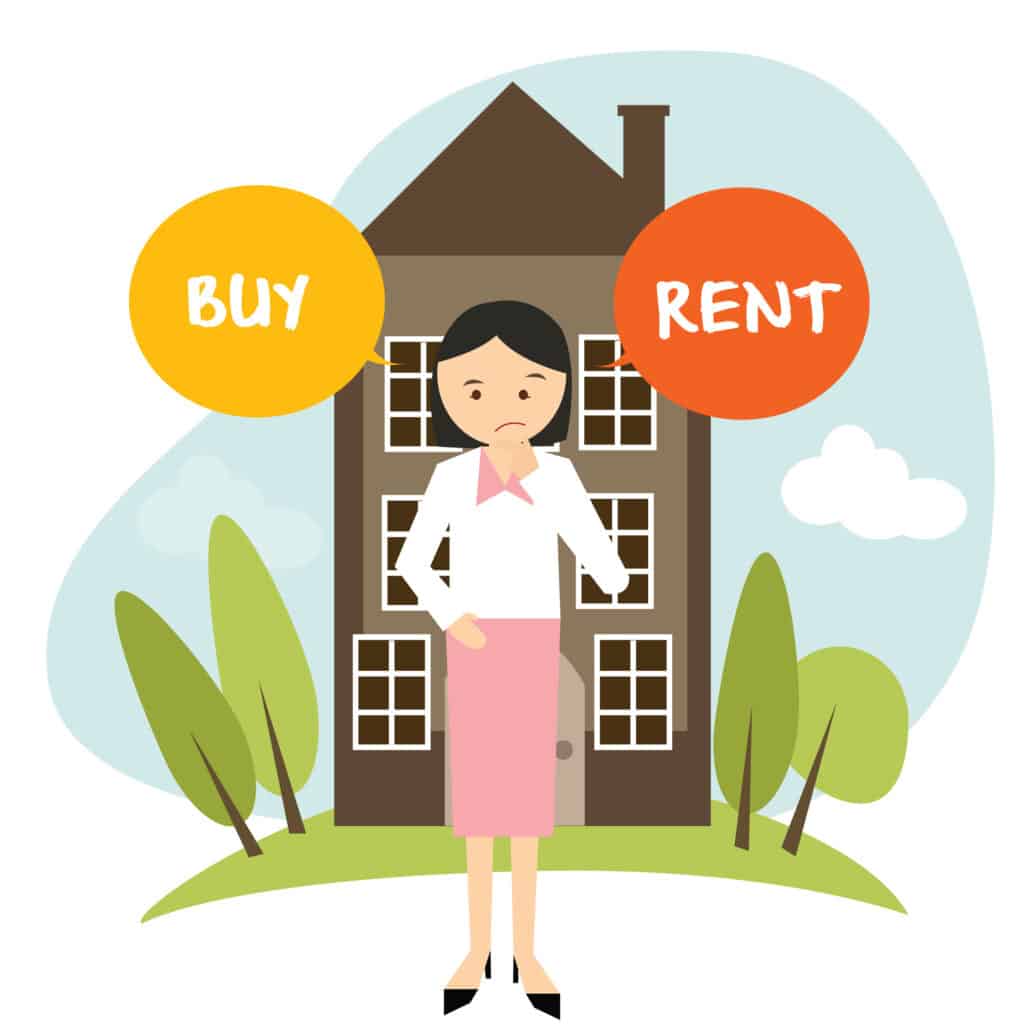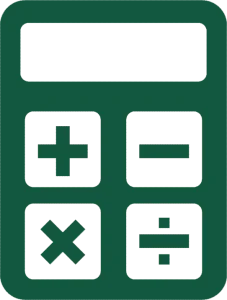Mortgages are often cheaper than rent, though homeownership itself isn’t always. Plus, owning a home is an investment since you build equity as you make payments.
The two payments often look similar to the inexperienced, as they compare the numbers without considering what those numbers are doing. But it’s essential to understand how your money is working for you in both scenarios.
Some of these comparisons can help you decide whether to buy or remain a renter.
Rent goes up every year, and mortgages usually don’t.
Most landlords raise the rent a little every time you sign a new lease. Often, they’re trying to keep up with increased property taxes, insurance, and maintenance costs. They may also be trying to keep up with market trends. In return, you avoid property taxes, retain the flexibility to move when you need to and have the ability to call a maintenance worker every time something breaks.
Truly stable rent is rare, and some landlords can eventually price their tenants out of their units, forcing them to move. You might be able to mitigate some of these increases with longer leases or negotiation skills, but the creep will continue.
If you get an Adjustable Rate Mortgage (ARM), your mortgage payments will fluctuate, and if you get a balloon mortgage, they’ll rise. But if you get a conventional loan, an FHA loan, a VA loan, or a USDA loan, your payment will remain stable for the lifetime of the loan. By the time you’re finished with your 15-year or 30-year amortization schedule, your mortgage payment may be lower than local rents by a considerable margin.
This statement comes with one caveat. Most homeowners roll their property taxes into their mortgage payments until you pay off the home. Property taxes can increase each year, which may, in turn, raise your mortgage payment. Be sure you understand the anatomy of your mortgage payment when you take out the home loan.
Mortgages come with additional costs.
When considering the cost of a mortgage, you need to look beyond the payment. Once you stop looking at the mortgage by itself and start adding all the costs back in, you’ll see that you stand to incur new monthly expenses that might make home ownership as high as your rent payment or higher.
These might include:
-
- Homeowner’s insurance premiums
-
- Higher utility bills
-
- Upkeep costs
-
- New furniture or tools
-
- Homeowner’s Association dues
-
- Property taxes
The 40%/40% rule can help you keep these payments under control. Usually, lenders recommend that your mortgage payment be no more than 40% of your gross monthly income and your total monthly debts, including your housing payment, be no more than 40% so you may meet all your obligations.
Yet the lender won’t necessarily police this for you—some will qualify you for mortgage amounts of up to 50% of your income. It’s your responsibility to understand how much you can afford, though a good mortgage consultant will alert you if you’re trying to borrow too much.
Nevertheless, these extra costs are why a lender might tell you that you can’t afford a mortgage yet, even if you’ve been paying much more in rent steadily for years. A lender wants to know if you can meet all the associated expenses of home ownership, especially as they secure the loan with your home. If you can’t manage the upkeep or retain the value of the house, the lender loses out.
Homeowners build equity.
Equity is the number one reason why homeownership beats renting every time. When you pay rent, you help a landlord retain the value of their investment. You could spend $2000 a month for 20 years and have nothing to show for it by the end.
Meanwhile, the value of homes continues to increase. Make a $2000 mortgage payment for years, and you could wake up one morning to find you’re living in a house that’s worth three, four, or even five times more than you paid for it.
Equity means options: lines of credit, the ability to sell for a profit, or even just enjoying the security of having your own place. Homeownership remains one of the number one wealth-building tools for the average American family, which is why it continues to serve as a cornerstone of the American Dream.
Homeownership offers tax savings.
You can usually deduct mortgage interest and local property taxes on your federal tax return. Itemized deductions don’t always exceed the standard deduction, which means homeowners don’t always benefit from these savings. Nevertheless, the deduction is worth taking into consideration.
If you make specific energy-efficient improvements, you may be eligible for tax credits as well. Credits apply whether you itemize your deductions or use the standard deductions.
Which is right for you?
If you know you’ll be staying in the same area for five years or more, home ownership usually beats renting as the right financial decision every time. Plus, with the wide variety of loan options that Alex Doce offers, home ownership may be closer than you think.
Alex Doce may be able to help you even if you don’t have a down payment to offer, even if you have bad credit, and even if you are retired or self-employed.
Want to find out if Alex has a program that’s right for you? Schedule a one-on-one consultation today.





